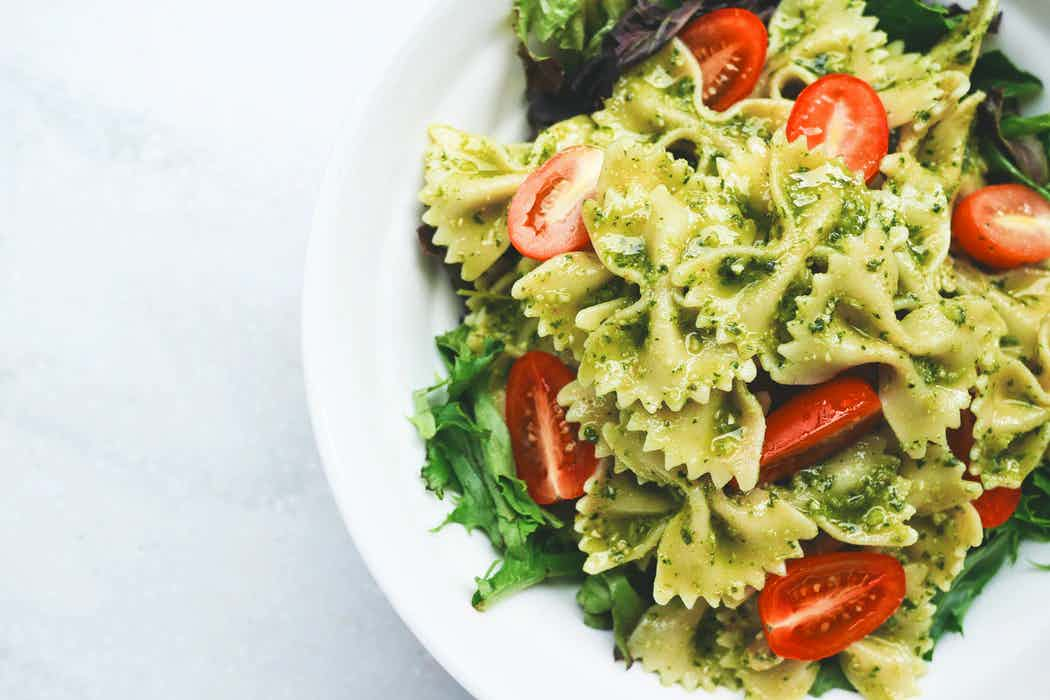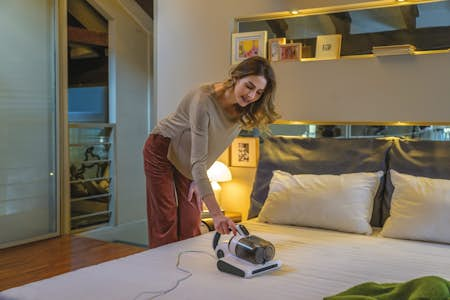Concerns have been raised over the sale of homecooked food online by those who have started operating as food businesses during the Covid-19 pandemic. Officials from the Food Standards Agency have highlighted the worrying increase in the number of food businesses operating from home during lockdown, many of which are not even registered as businesses.
Authorities said the situation has made it tough to maintain hygiene standards because of the pressure it is putting on the hygiene inspection system. With some people selling homecooked food online without registering, there are rising risks around food safety in the middle of an already devastating public health crisis.
Frustrated with food waste or don't know where to start with a shopping list? Try a food subscription box to wash those worries away and put your diet - and finances - on the right track!
Confusing cooking with catering
One health official said that small food businesses had been ‘popping up like mushrooms’ since the start of the pandemic. She also said that operators were often confusing catering and cooking. Many were rustling up food at home and then selling it via social media channels and other apps.
With many, including older people, watching their pennies and trying to save money, health officials are concerned that buyers could end up risking their health to cut costs.
Many older people looking to make their pension stretch further could fall victim to the health risks posed by unregulated, uninspected food businesses operating from homes. Similarly, many people have lost their jobs or been furloughed. They may think that buying meals and food via social media is a means of saving money.
Difficulties with inspections
The Food Standards Agency (FSA) has highlighted the issues that have arisen due to the emergence of more home cooking businesses. Per FSA figures, around 44% of new food businesses that have started since the first lockdown in March 2020 are based out of homes. These are often operated by people who have lost their jobs or need to find a way of making extra cash in these unprecedented times.
A spokesperson from the FSA stated, "The growth of at-home food businesses is a concern. Local authority resources are already stretched, and many are finding it difficult to keep on top of the workload [these at-home food businesses] are generating."
The agency also said that during the first lockdown, inspections had stopped altogether. Since then, limited resources have made it very difficult to keep up with checks. These are now often carried out via video calls. Due to cutbacks during the pandemic, it is often only the most urgent cases currently being dealt with by food safety inspectors.
By law, all new food businesses must register before they start to sell food to the public. This then triggers a visit from health officials so inspectors can check the premises and other aspects of the business before awarding a food hygiene rating.
Caterina Bassano from Glasgow Foodelicious told us: "With many people losing their jobs or being furloughed during the pandemic, I’ve seen numerous small food businesses appearing on social media. As a food blogger, I’ve been contacted by several new home cooks to help promote their offering on social channels. I want to support small and local businesses, but not to the detriment of good hygiene standards."
In the current situation, health inspectors said they couldn't carry out checks because people desperate to generate income are selling homecooked food without registering. This means inspectors cannot check vital aspects such as the ingredients used in dishes, whether dishes and ingredients are in date, and the state and hygiene levels of the cooking environment.








